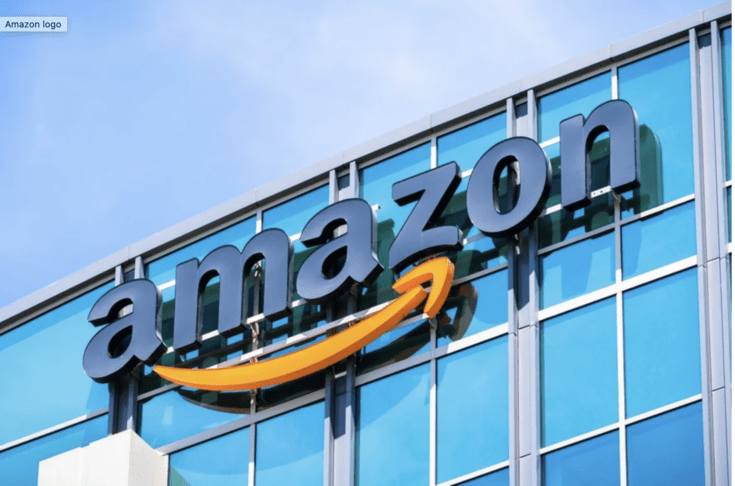Initially launched with the collaboration of three prominent insurers – Ageas, Co-op, and LV= – Amazon later expanded its partnerships to include Policy Expert and Urban Jungle. This initiative aimed to provide consumers with a convenient platform to browse and purchase home insurance policies online.
The decision to shut down the Amazon Insurance Store comes after months of speculation about its future. Earlier this year, Amazon hinted at the possibility of discontinuing the service, citing strategic reasons. Despite efforts to attract customers, including the release of promotional advertisements, the initiative ultimately failed to gain sufficient traction in the competitive insurance market.
A statement by Vassil Gedov, head of the Amazon Insurance Store, was shared with press at the announcement of the closure. It said:
“Over the last year, we have been evaluating various businesses and programs, and as a part of that we’ve made the difficult decision to discontinue the Amazon Insurance Store. Customers who have purchased policies will not see any changes to their coverage, claims in process at this time, or future claims they may make during their policy term. We will provide guidance to customers on any actions they need to take as a result of this change.”
Rory Yates, SVP Corporate Strategy at EIS, also commented on the move, saying: “Leveraging your assets always seems like a sensible way to go. In this case their customers. And whilst we will hear from a lot of commentators that they a. find this a predictable outcome and b. it reflects the complex and competitive nature of insurance, I would largely disagree with them.
“I think this was always a massive learning opportunity. And that always bears fruit in my experience. And my hat is off to all those that participated in this. Creating a “minimum standard” and trying to create a “better experience” were noble efforts. And in other industries both more likely to have succeeded.”
He added: “This therefore perhaps reflects more on the industry and where we are with consumers than it does the platform or approach.










